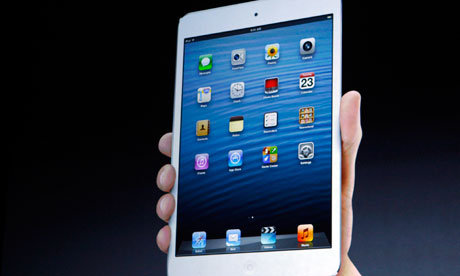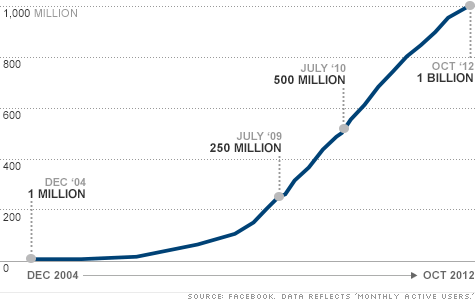Newspapers in decline
· Institutions in competition with one another
o To ensure they have enough people consuming their products
o So they can make money from advertising to safeguard their survival
· Becoming more difficult to compete with rise of e-media
· Over last decade = UK’s daily newspapers, lost 2.25 million readers.
· Last 10 years advertising revenues have fallen – 20%
· To stay profitable:
o Cut staff
o Close offices
o Getting rid of titles
Why is the newspaper industry in crisis?
· Die to the internet
· Last few years – revolution in how industries deal with news and how audiences access it
· Internet increases → dominance on media landscape, readers’ attention/loyalties DIVIDED
· According to SULL (Blogger for Financial Times) 5 reasons why newspaper in deeper crisis
· Ignoring sings of change
· Dismissing unconventional competitors
· Experimenting too narrowly
· Giving up on promising experts to quickly
· Embarking on a crash course
· The newspaper industry is finding itself in a transitional period – calling into nature the production and reception of news
· In future – news will be accessed via broadcast or e-media
· Most institutions have been slow to embrace web but now embrace it to target specific audiences
· But proving harder to make profits than print media
· Too many free sites – readers not prepared to pay
· Have to rely on advertising to generate income
Impact of Online Technology on News
Traditional paper based
· Not free
· Easily destroyed
· Usually target a specific audience base
· Costly to produce
· Costly to distribute
· Cannot be updated immediately and regularly
· not interactive
· Cannot allow audience immediate feedback/ citizen journalism
· Offers in-depth analysis and comment but is limited by space.
Online news
· Mostly free content
· Can be accessed anywhere
· Content remains even
· Cheap to distribute
· offer countless news stories and archive stories
· Can be interactive
· Varied options for expansion of topic matter.
Audience gratifications of The Guardian website
· Long-running chat boards
· Network of weblogs
· Leaving comments on articles
o Can make an audience feel powerful by creating the idea that they are challenging the news institution’s values
· Readers can access articles online
· Varied selection of categories
· Images
· Podcast
· Access to paper-based content
· Dating sites/ personals
Should News be Free
· James Murdoch of NewsCorp – critical of free online news
o states that the BBC and its “expansion of state-sponsored journalism is a threat to the plurality and independence of news provision,” he also said the scope of the BBC’s activities and ambitions was “chilling” and that news on the web provided by the BBC made it “incredibly difficult” for private news organisations to ask people to pay for their news. “It is essential for the future of independent digital journalism that a fair price can be charged for news to people who value it.”
· NewsCorp are driven by the need to make money whereas the BBC, a Public Service Broadcaster is less governed by the economic imperative
· News Corporation has said it will start changing online customers for news content across all its websites in a bid to recoup and generate money from subscription
Audience Power
· In some ways audiences are more active in the way they consume news.
· example, online communities have access to information and are not restricted by the legal rules that apply to news institutions
· For example of this active participation is when the Twitterverse (the new name for the world of ‘Twitter’) along with Wikileaks took up the cause for The Guardian against a company who had legally ‘gagged’ the newspaper from revealing their illegal actions on the Ivory Coast



